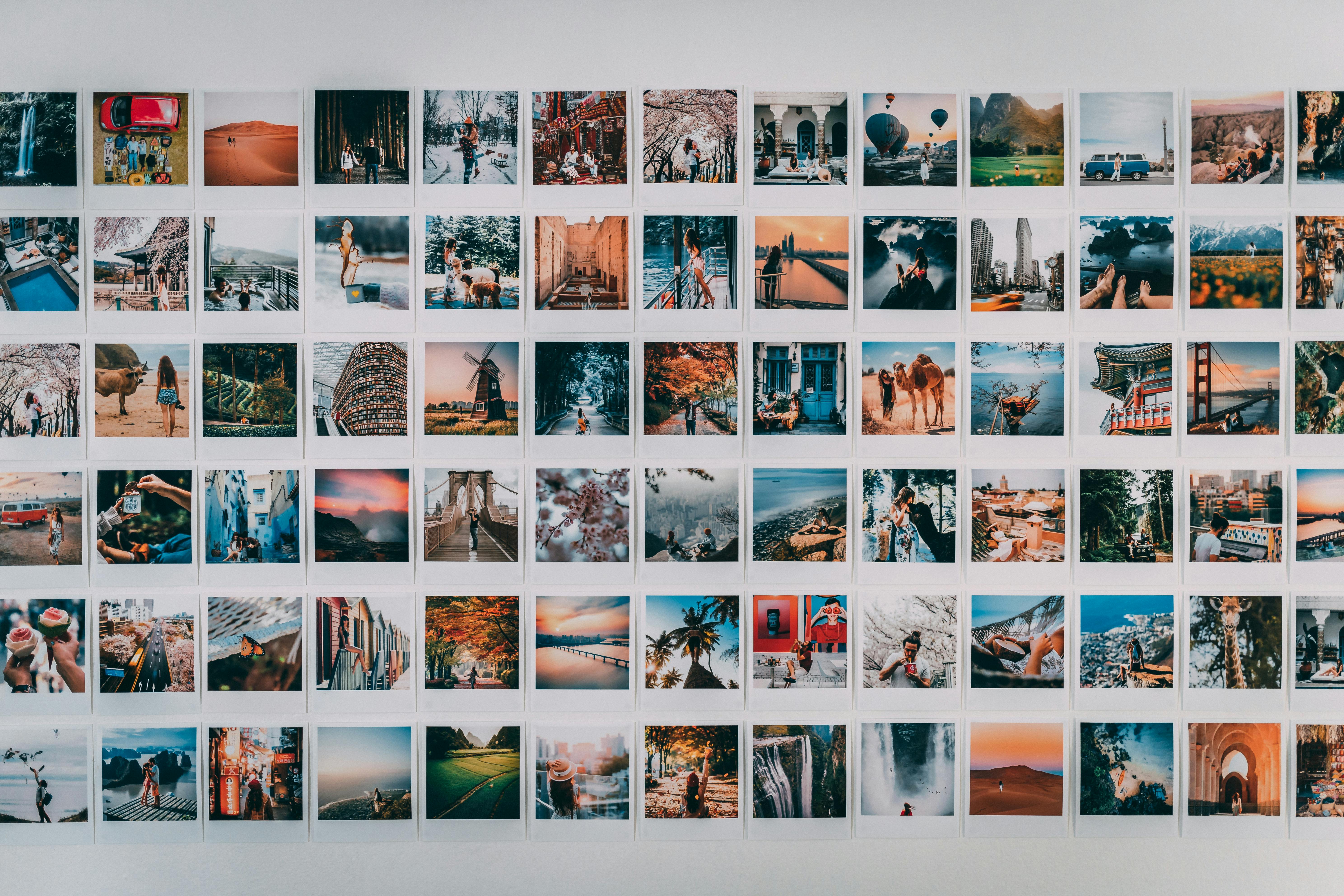
Black hair care can be a roller coaster if you like variety or are not sure which hair style works best for you. Going natural with my hair has been my thing for about 5 years, I recently spent my 2nd anniversary with my sisters. My two year experience with Sisterlocks has been a wonderfully liberating and fulfilling adventure.
At first, the high price of the first three visits can be quite daunting, especially for those who are undecided. I had done my research beforehand and knew without a doubt that this natural hairstyle was right for me.
I must say with a laugh that my first 6-9 months I thought it looked like a drowned rat. Due to the texture of my hair, it took almost a year and a half for my hair to really start to lock up. By then, the length had become reasonable, and now my length exceeds my shoulders.
The fullness, length, and versatility make me feel beautiful. Any concerns I had in the beginning have been well worth the time, money, and effort to get to this point. It is important to be able to see the big picture before investing in this natural hair lifestyle.
Choosing a Sisterloc consultant will be the most important step in the process. My Sisterlock advisor has been a godsend. It is thanks to her that my first year went so well. One morning during our 6 week appointment, I took the time to do a short interview with my stylist Blenna Williams. She owns and operates Salon Nature’lle in Memphis, TN, online at salonnaturelle.com.
PFP: What type of certification or training do you receive as a Sisterlock consultant?
Blenna: You start out as a trainee, then become a certified consultant, then R-certified from there to associate trainer. I am now a master trainer.
PFP: What do you think is the number one reason women get Sisterlocs?
Blenna: It’s twofold, 1 their beauty and 2 the healthy hair therapy they get and still keep their hair looking feminine and elegant.
PFP: After your initial consultation, what do you think is the main reason women choose not to get Sisterlocks?
Blenna: They don’t understand pricing and how your first three visits set up your lifestyle change.
PFP: What do you think is the main cause of hair damage for many African American women?
Blenna: First is the lack of knowledge, second is the chemistry. We tend to care for our hair only after it has been altered and not in its natural state.
PFP: What is the biggest problem women seem to have in caring for their Sisterlocs when they first get them?
Blenna: We have very little knowledge of our natural hair pattern. We don’t see how beautiful our hair can be. As the head trainer, I work closely with my clients at first, alleviating any fears and teaching the client proper care until they feel comfortable with the process. There are defined steps and stages. That’s why we recommend finding a certified Sisterlock consultant.
PFP: What is the number one stereotype you wish people would get rid of regarding black women’s hair?
Blenna: That by showing the natural texture of our hair we are exposing negative stereotypes as diaper heads, when in reality we are showing the beauty that God gave us.
PFP: What is your best description of what Sisterlocs are and what they look like?
Blenna: Sisterlocks are tiny micro locs that have been interlocked into a stable cylinder that allows the hair to express itself naturally.
PFP: Do you train others how to do Sisterlocs?
Blenna: Yes, there are currently four Master Trainers in the company. We go to different cities training others. If one has not gone through certified Sisterlock training, then one is not doing Sisterlocks. They are what we call Step-Sisterlocs and buyer beware. It can be checked online on the official Sisterlock website to find a certified consultant or trainee in your area.
It is becoming wonderfully apparent that more and more black women are choosing natural hairstyles. Even the media are portraying African American women with natural hairstyles on their pages and channels. It’s definitely enlightening to see women becoming more comfortable with who they are.